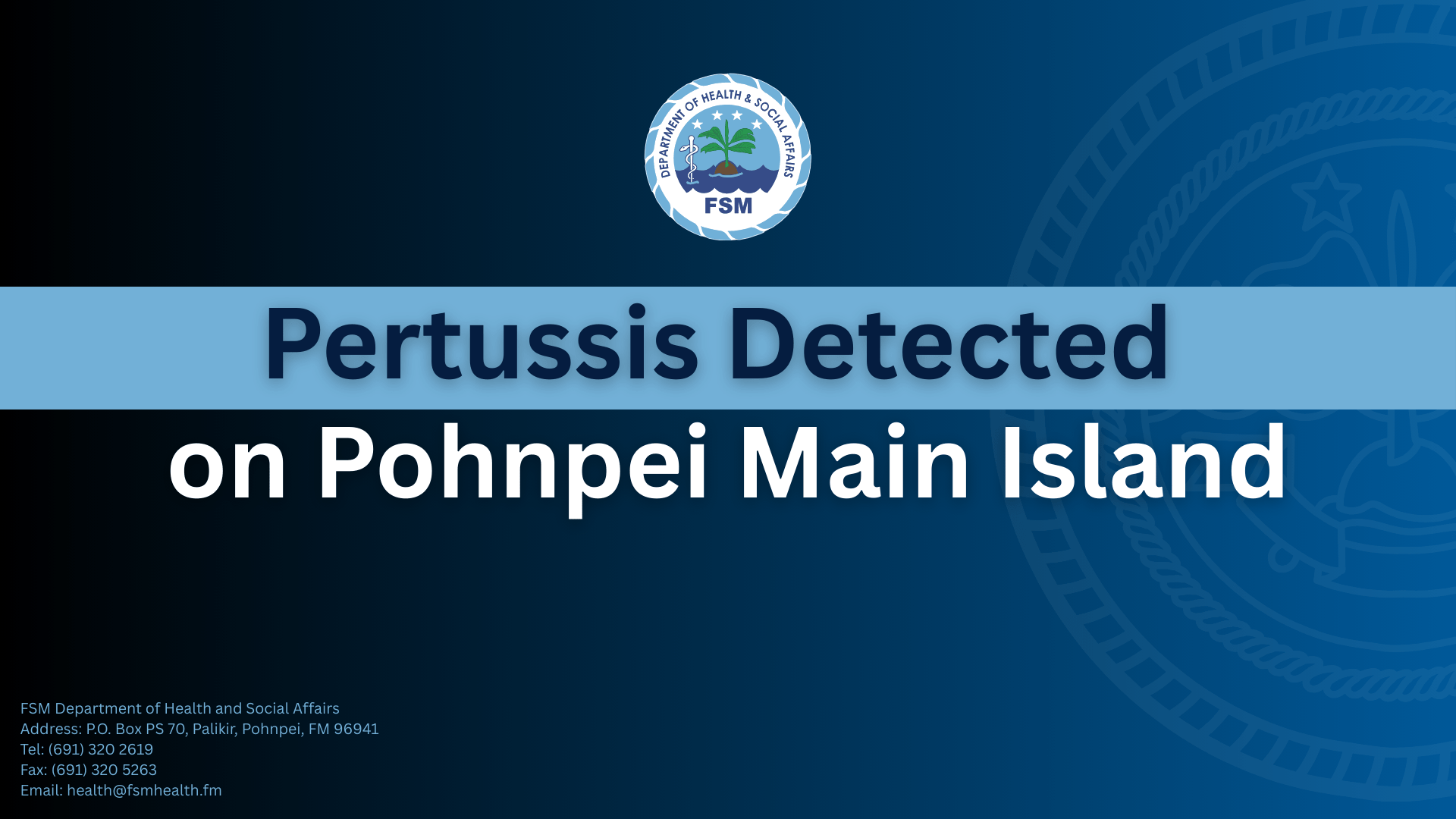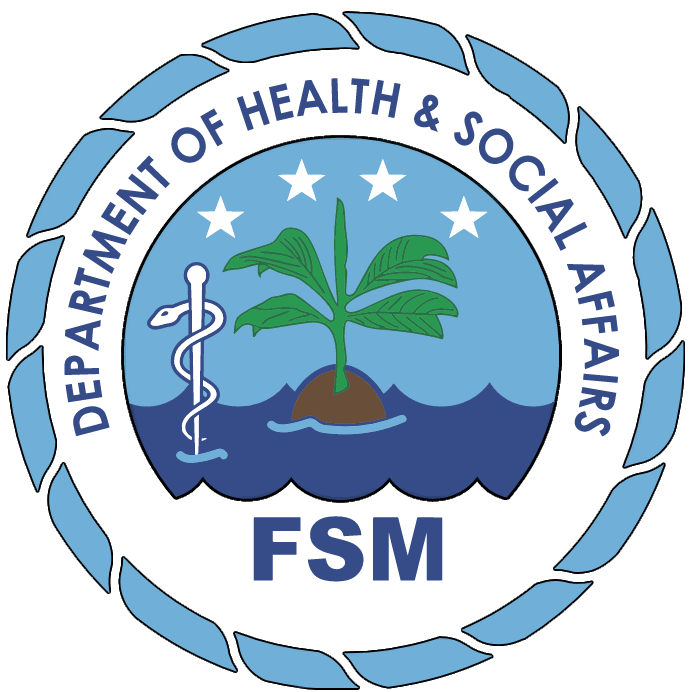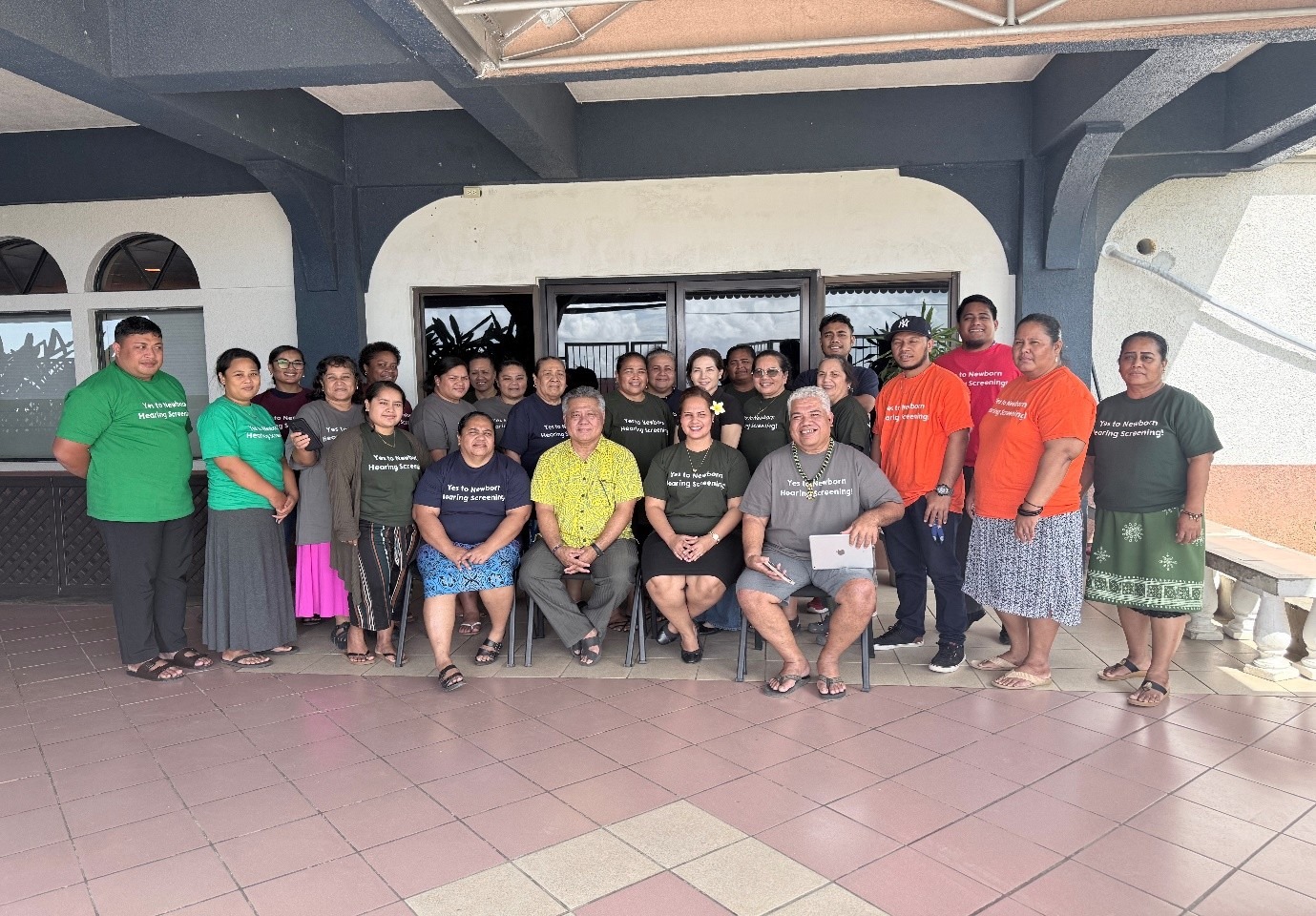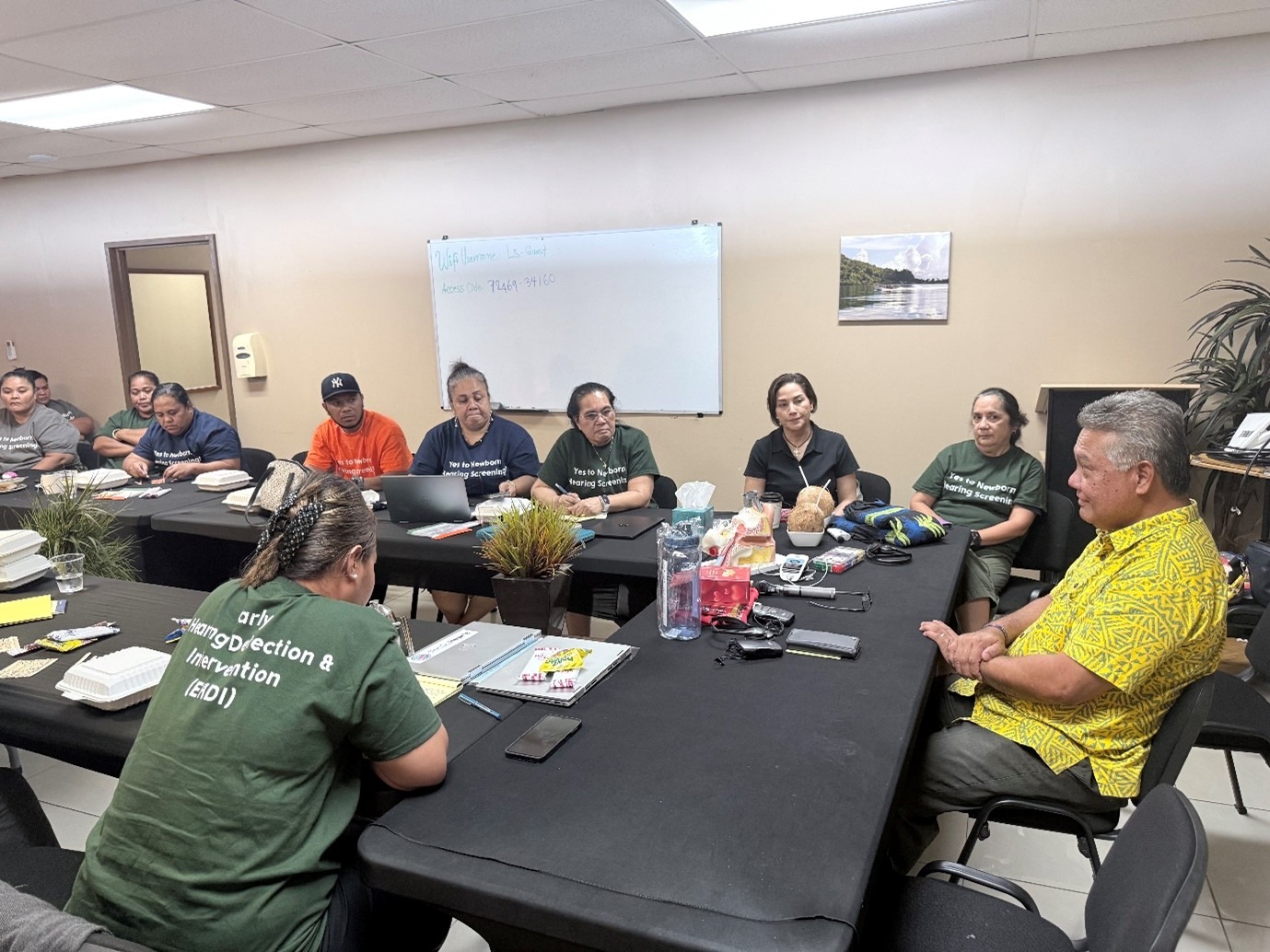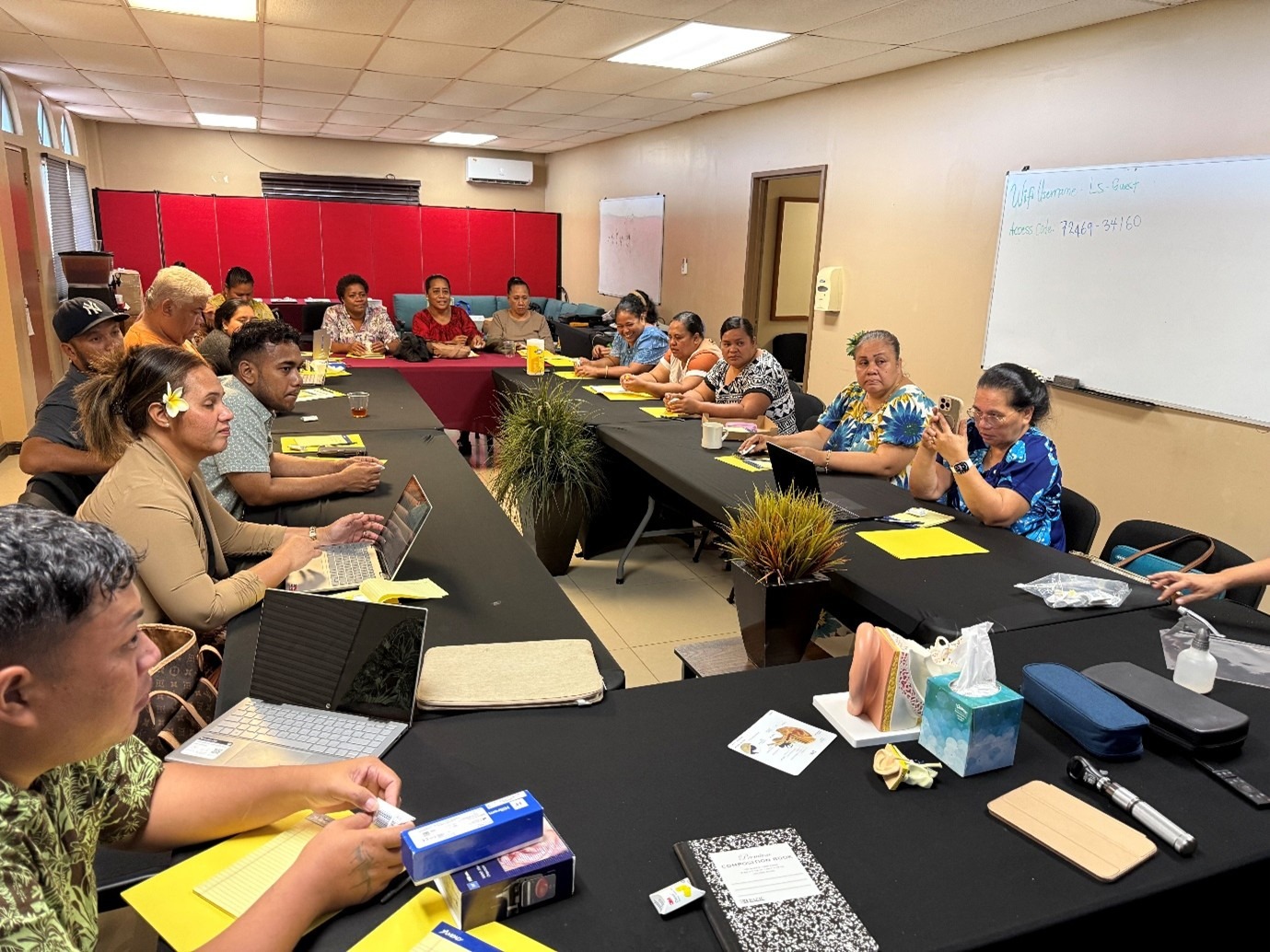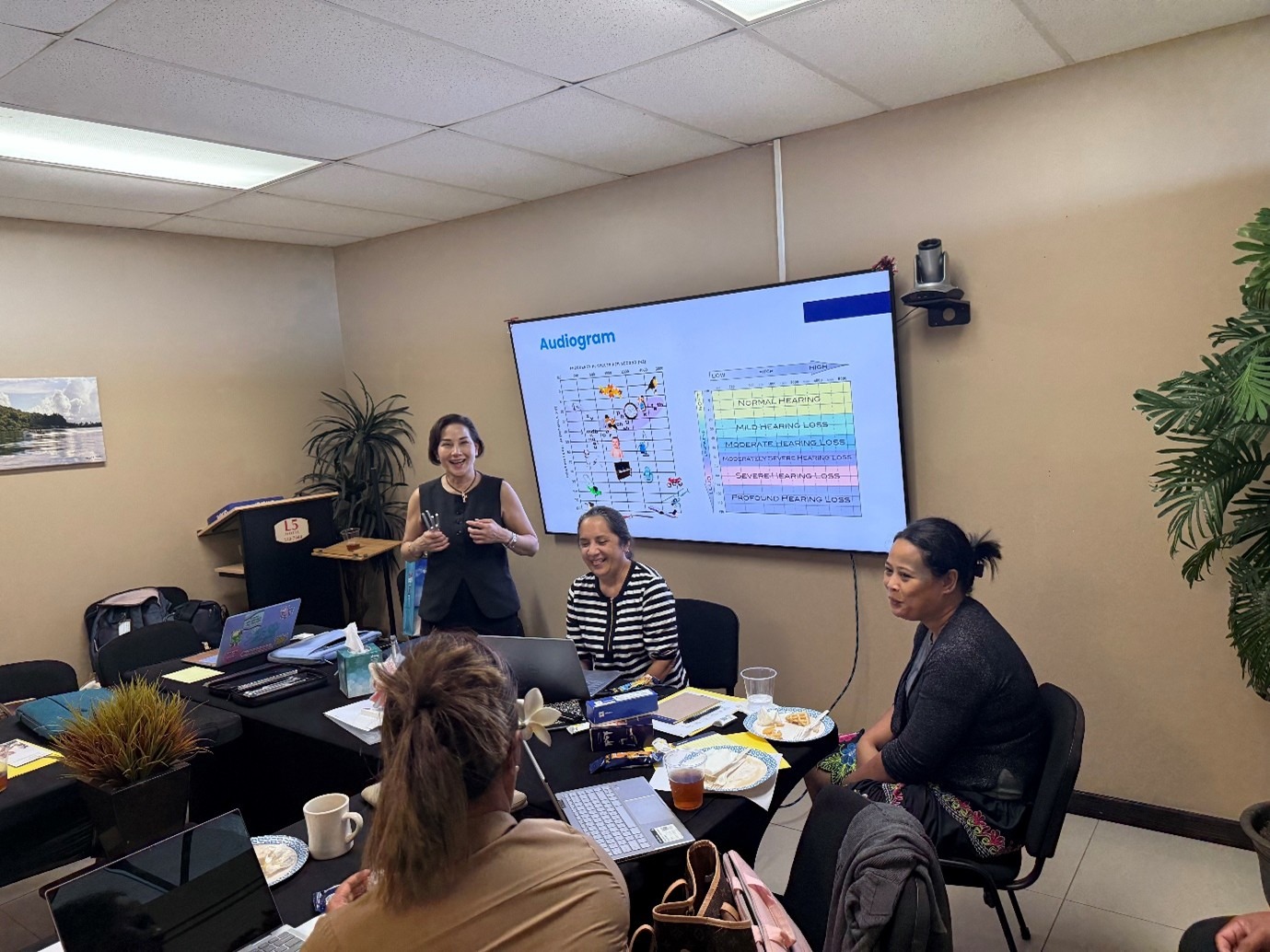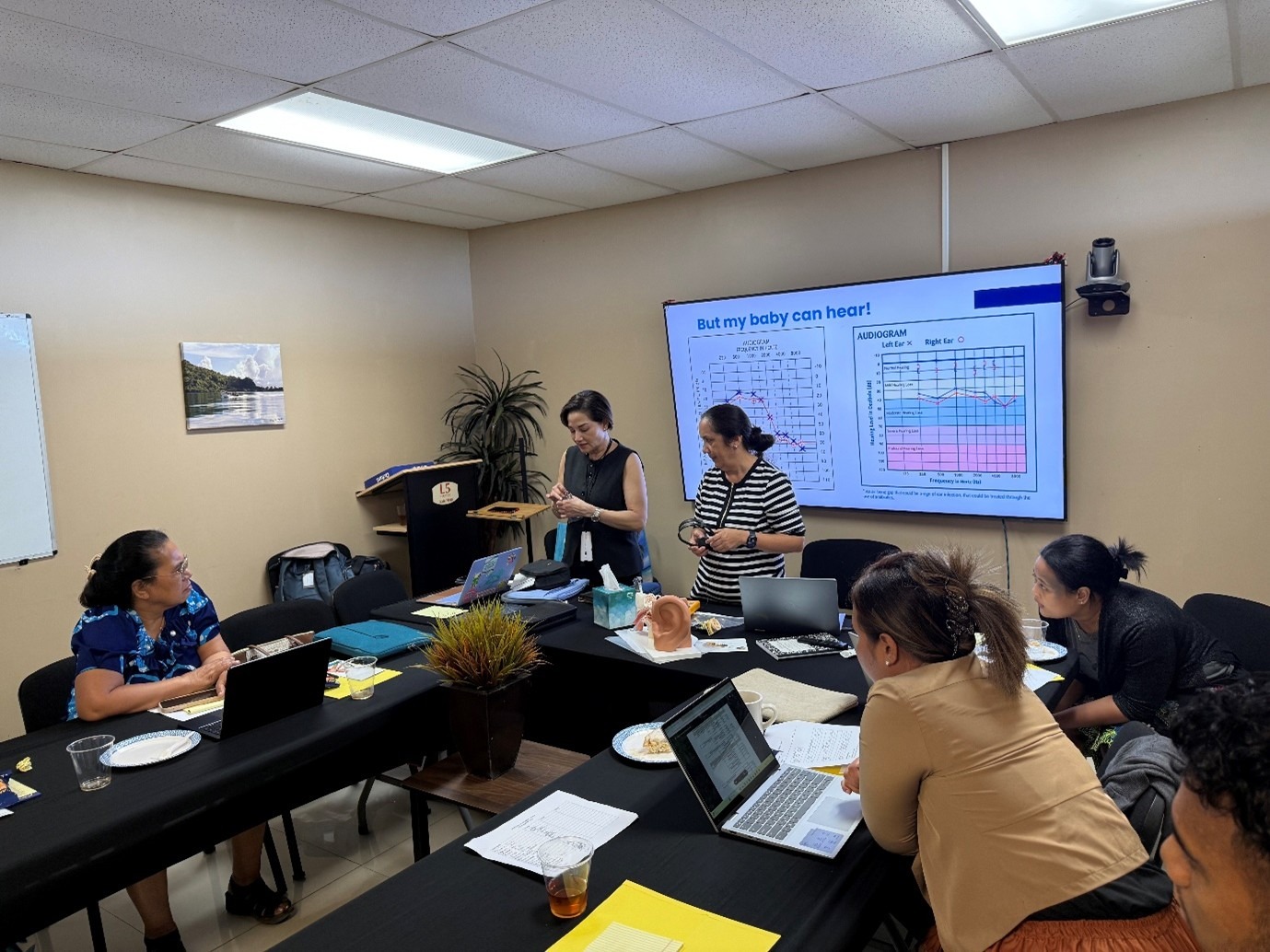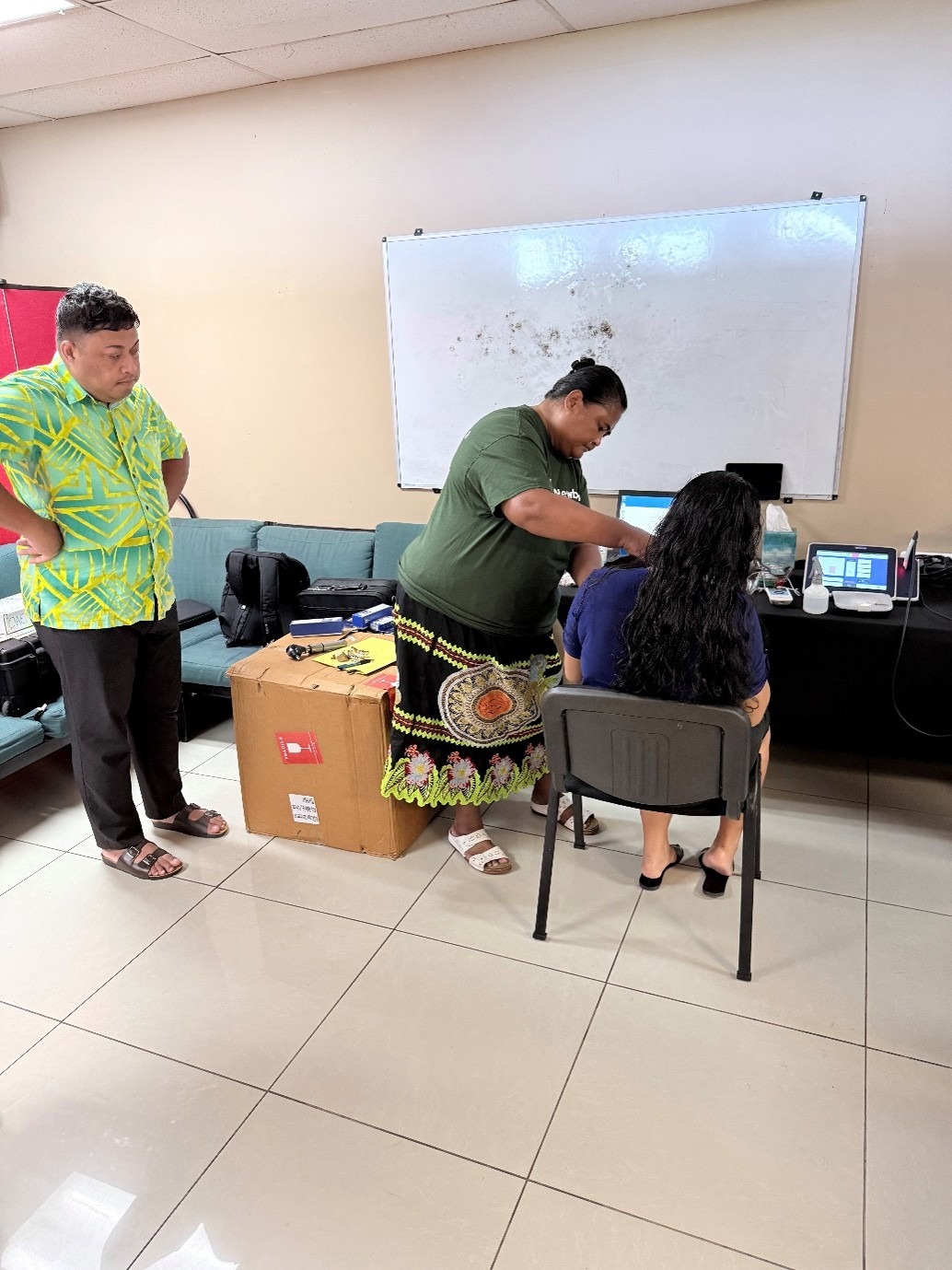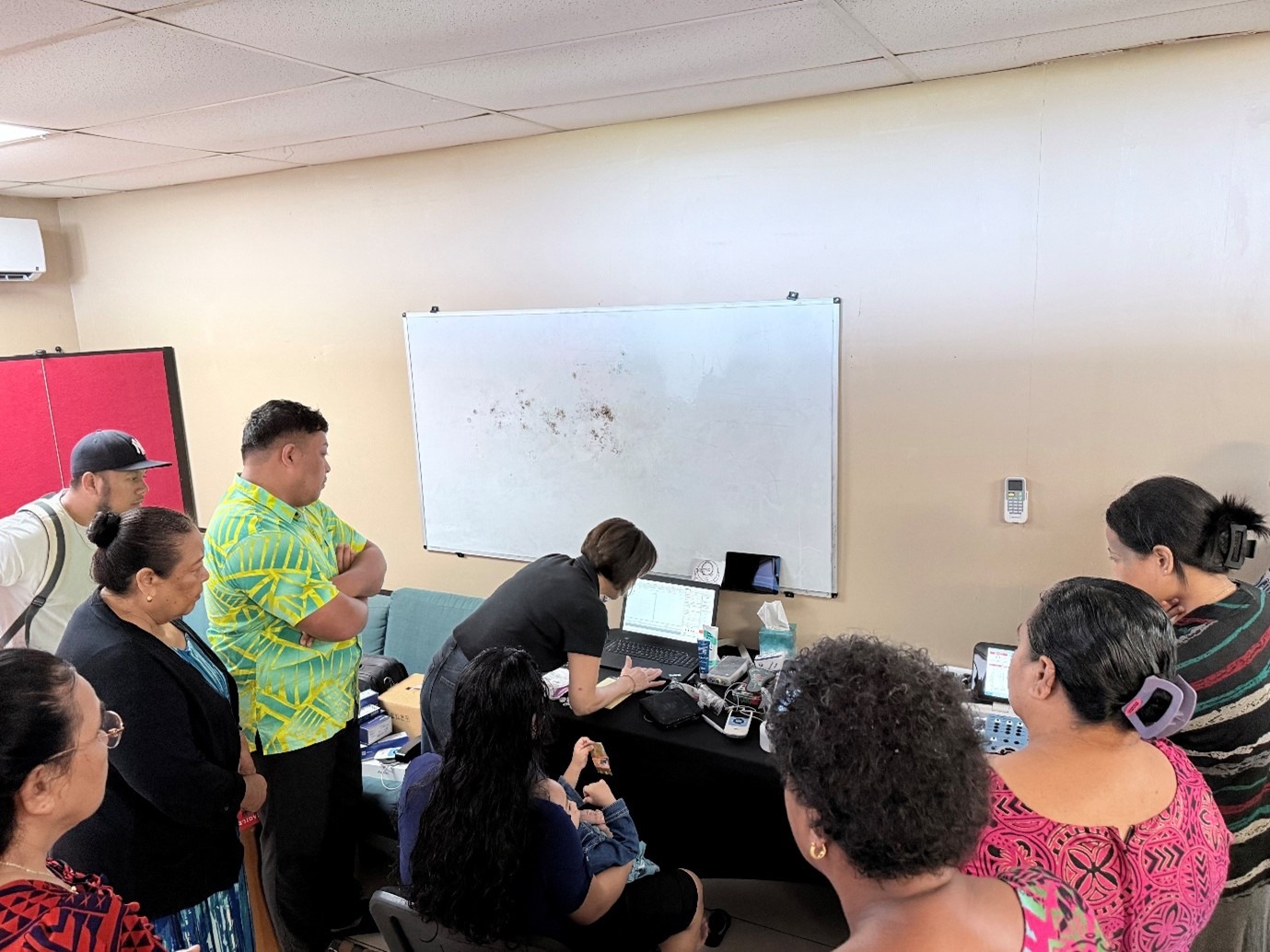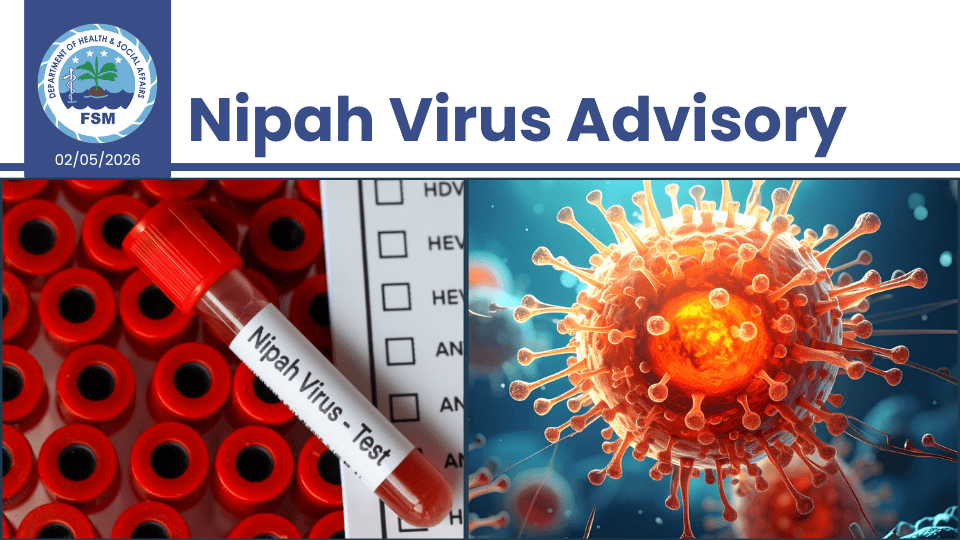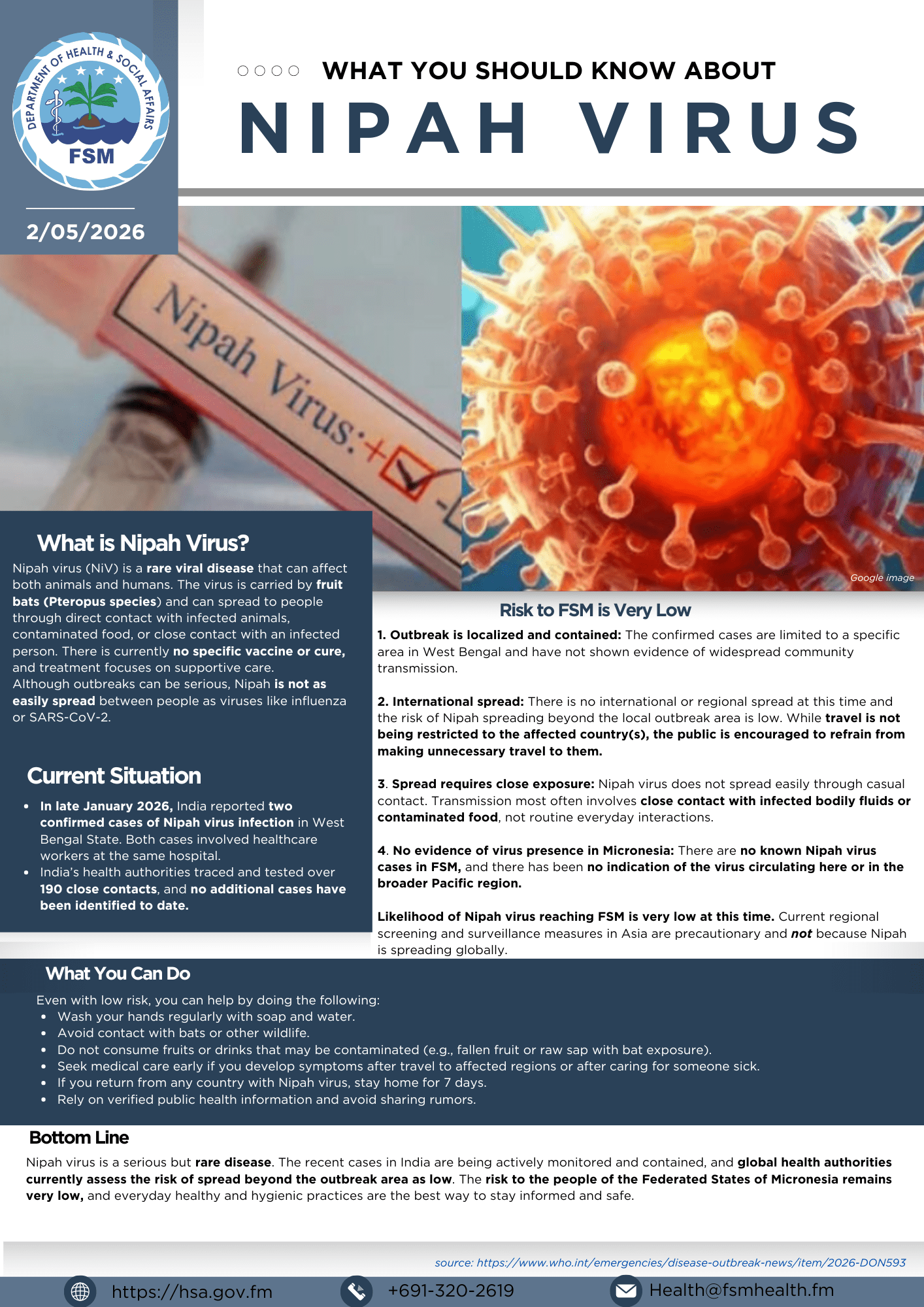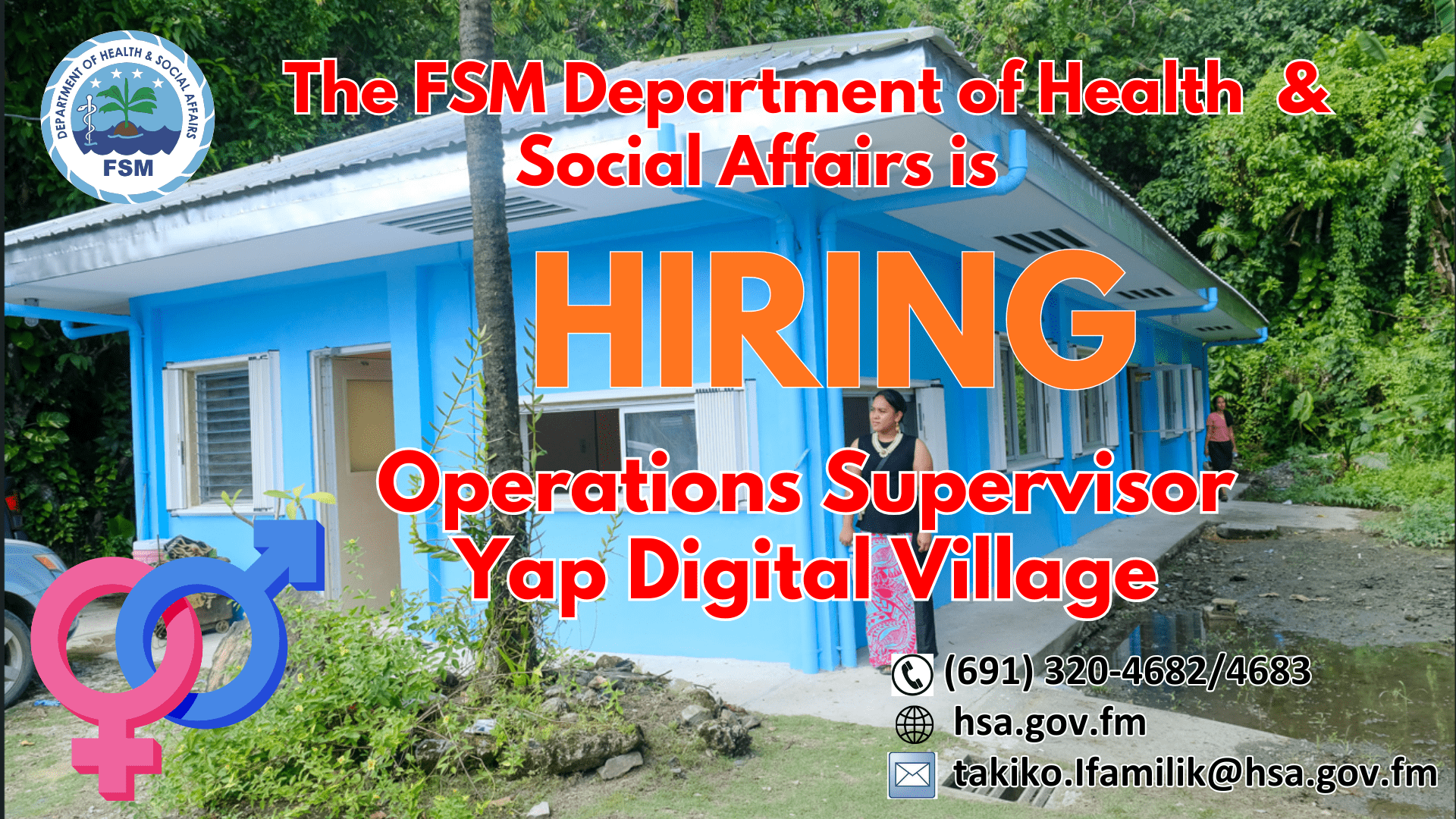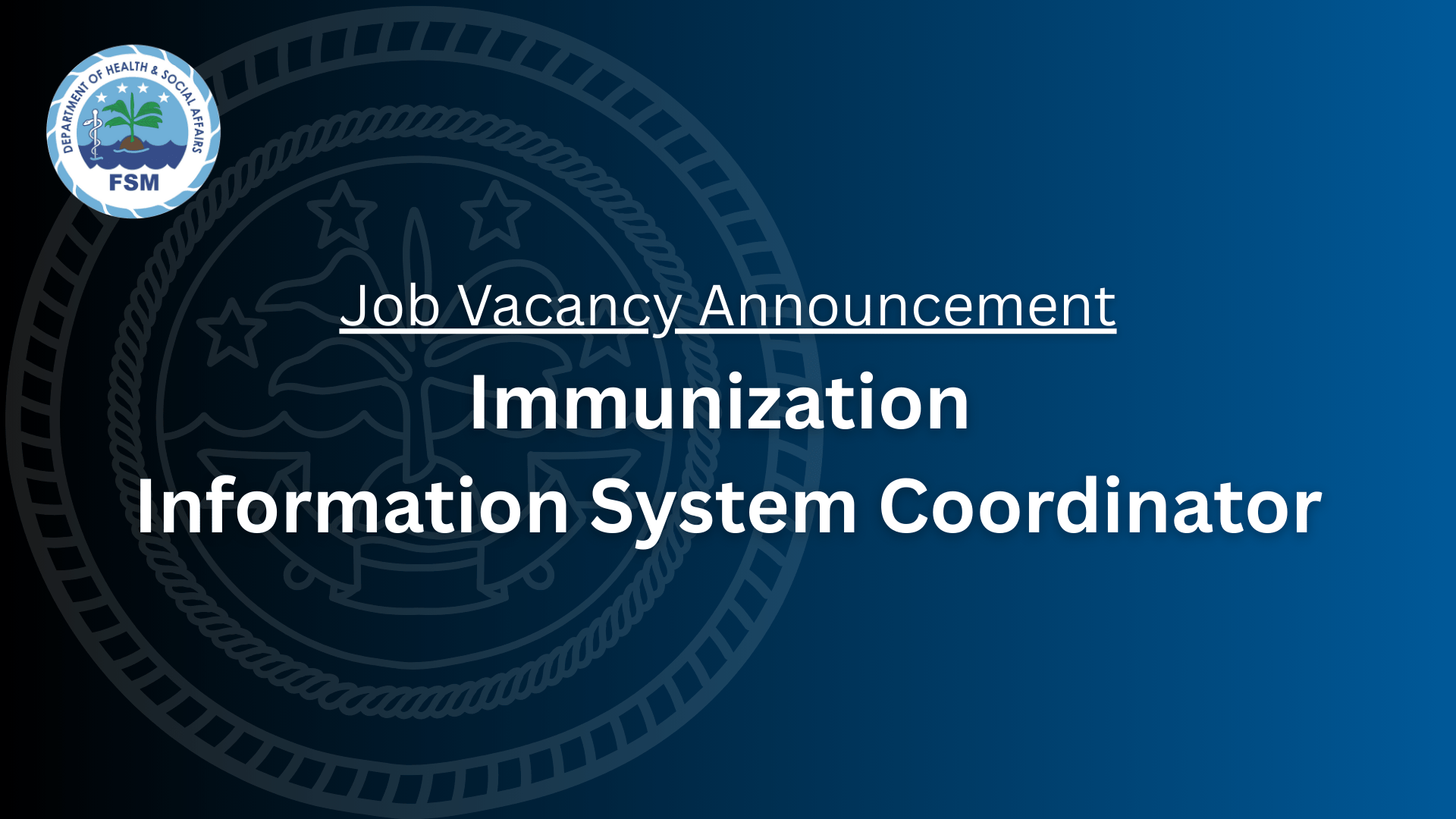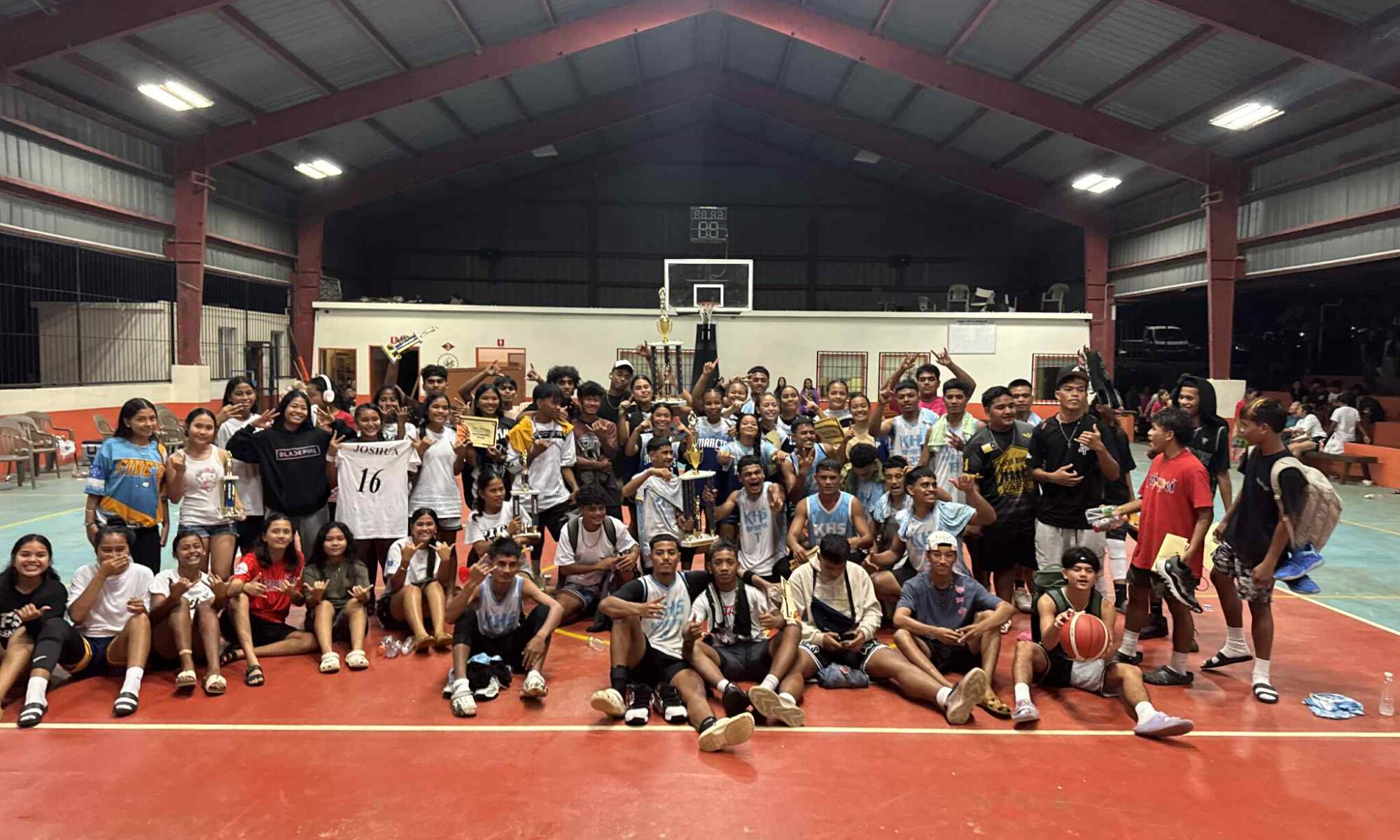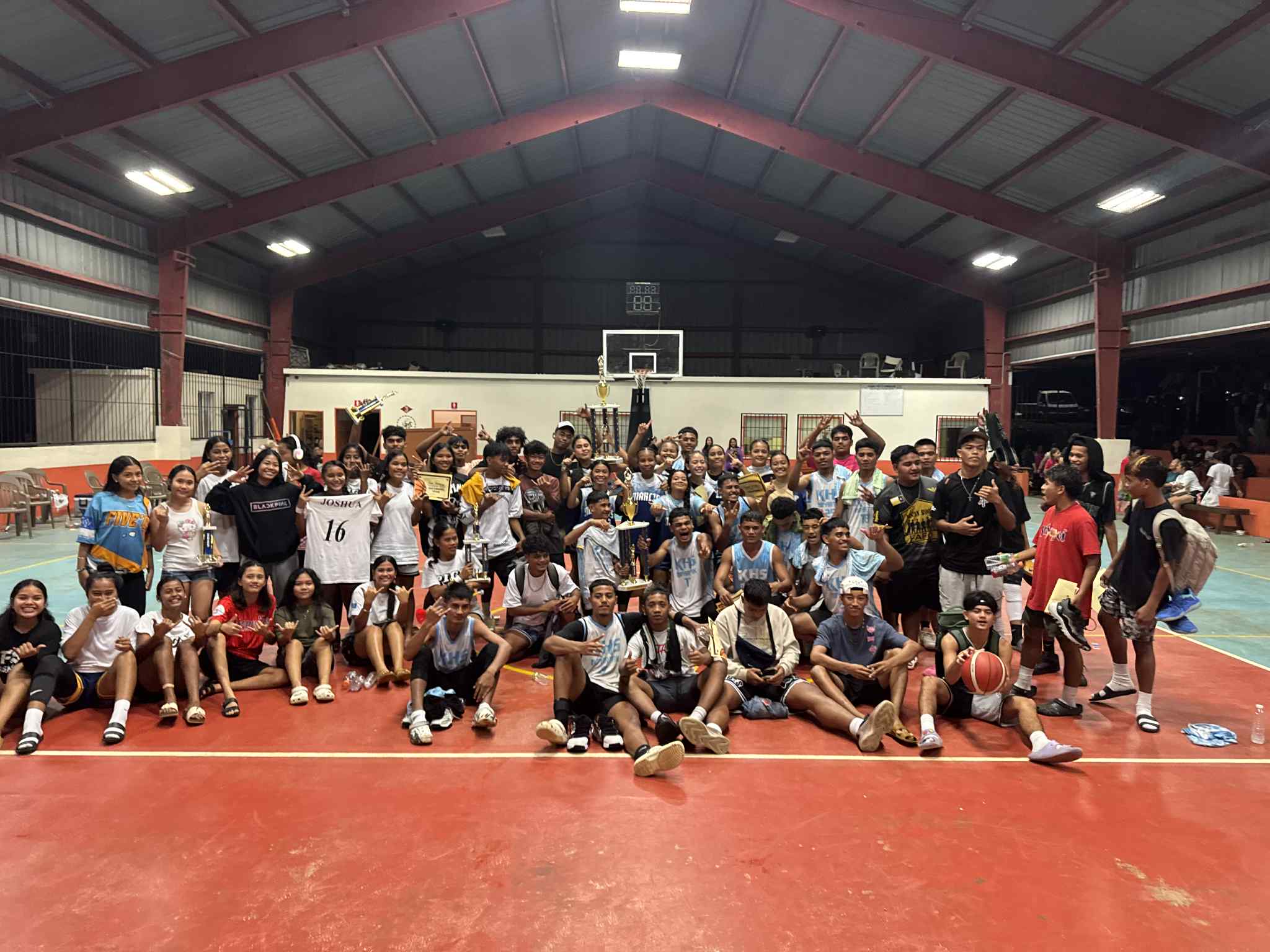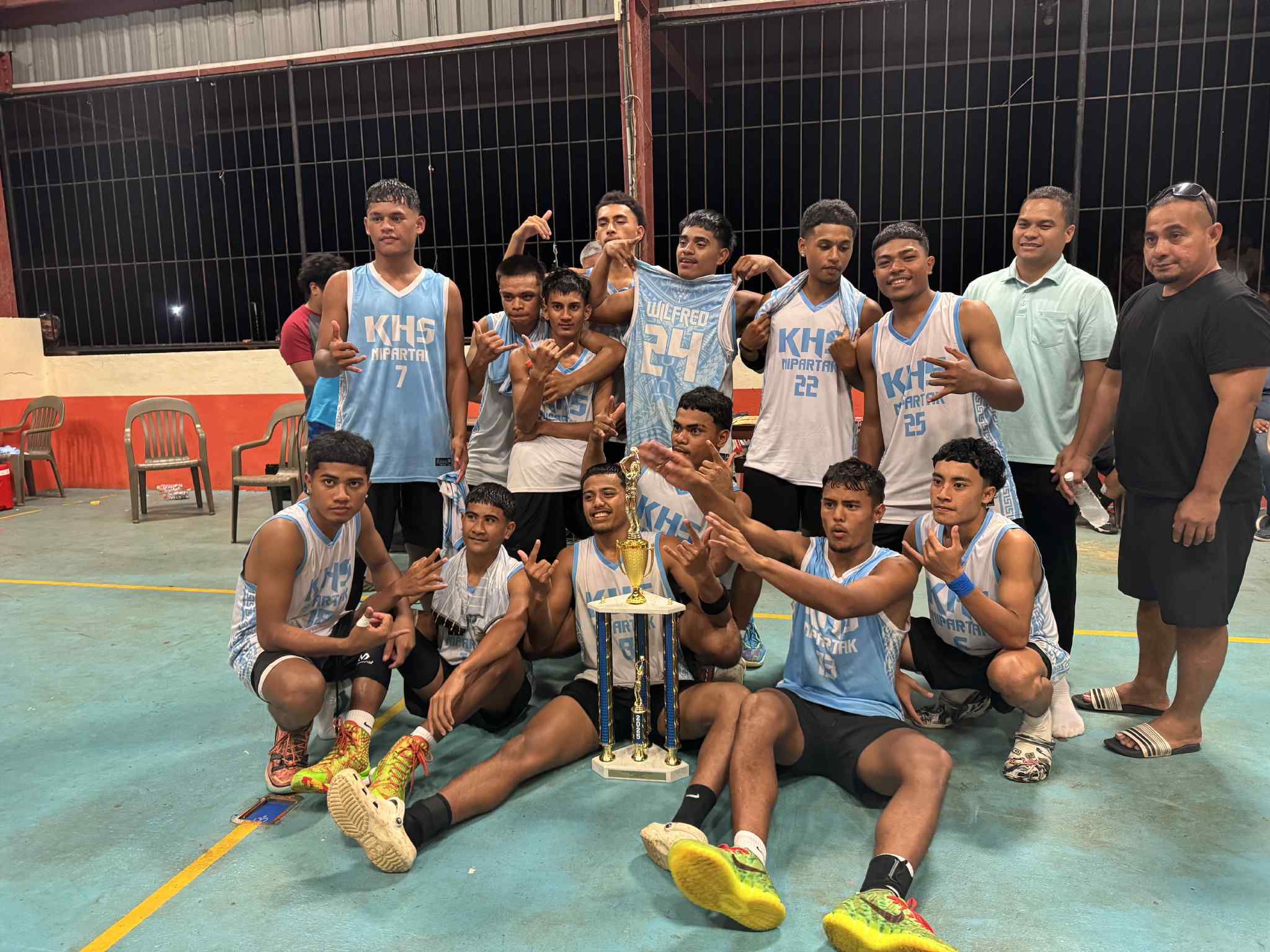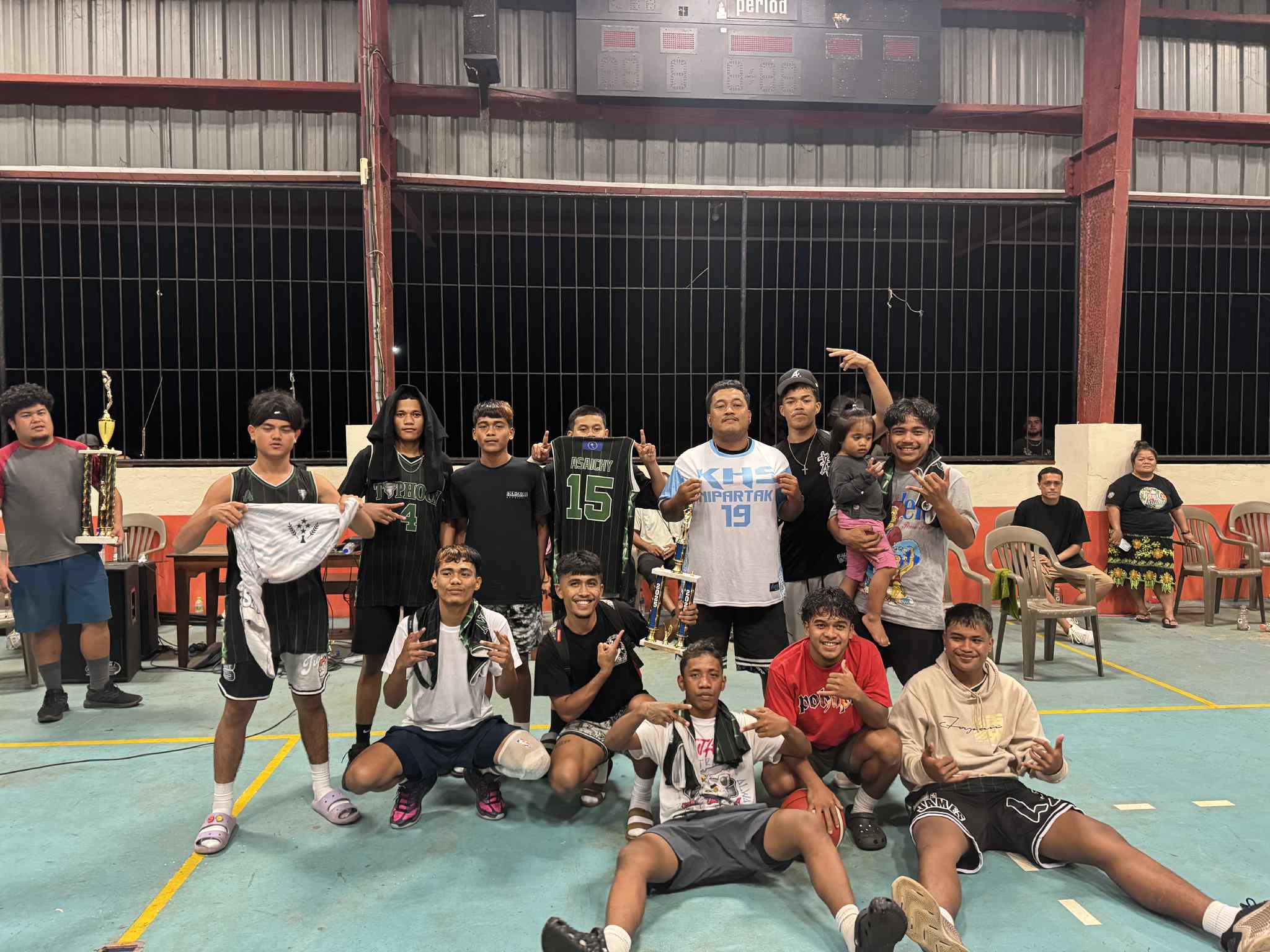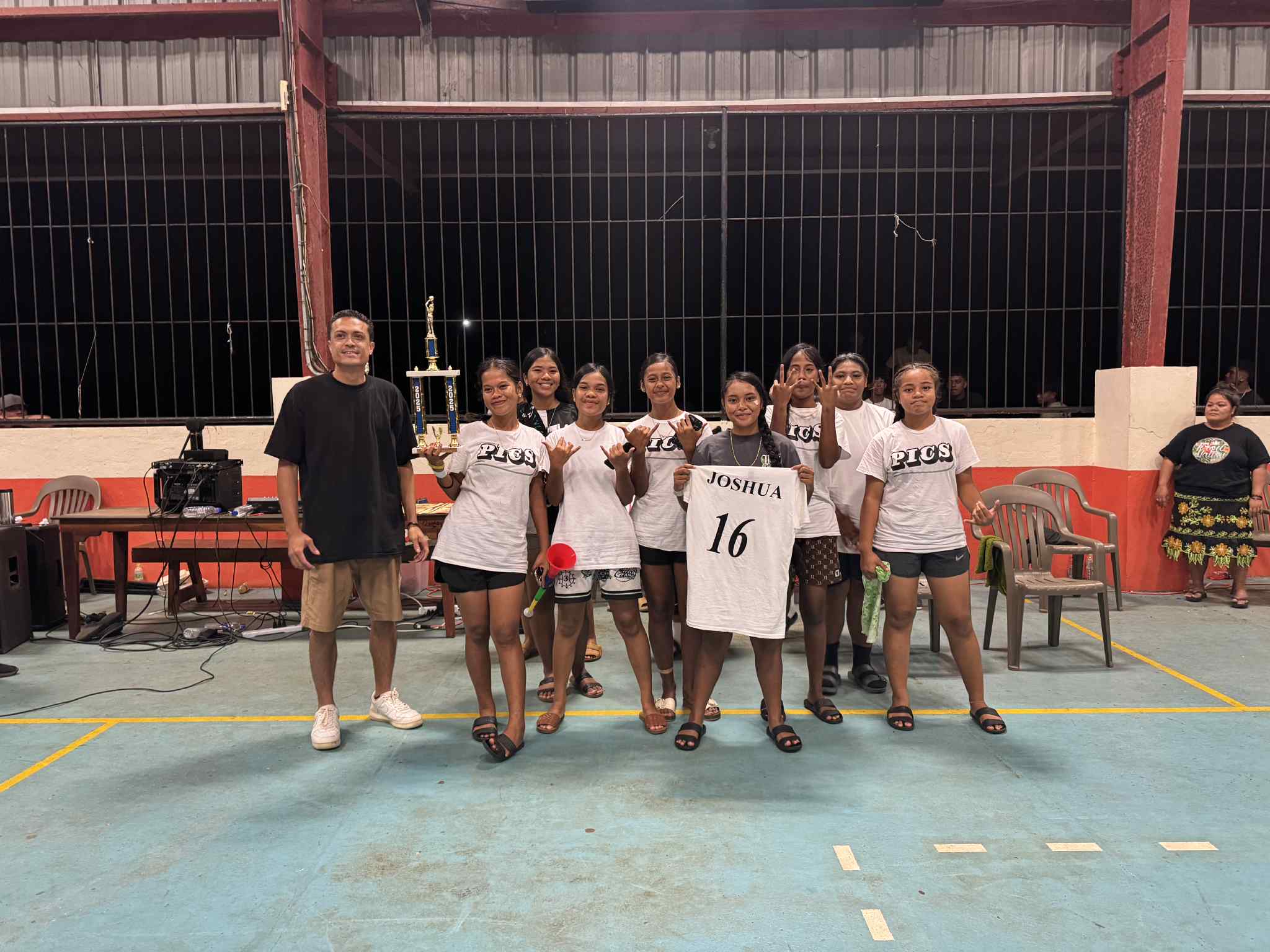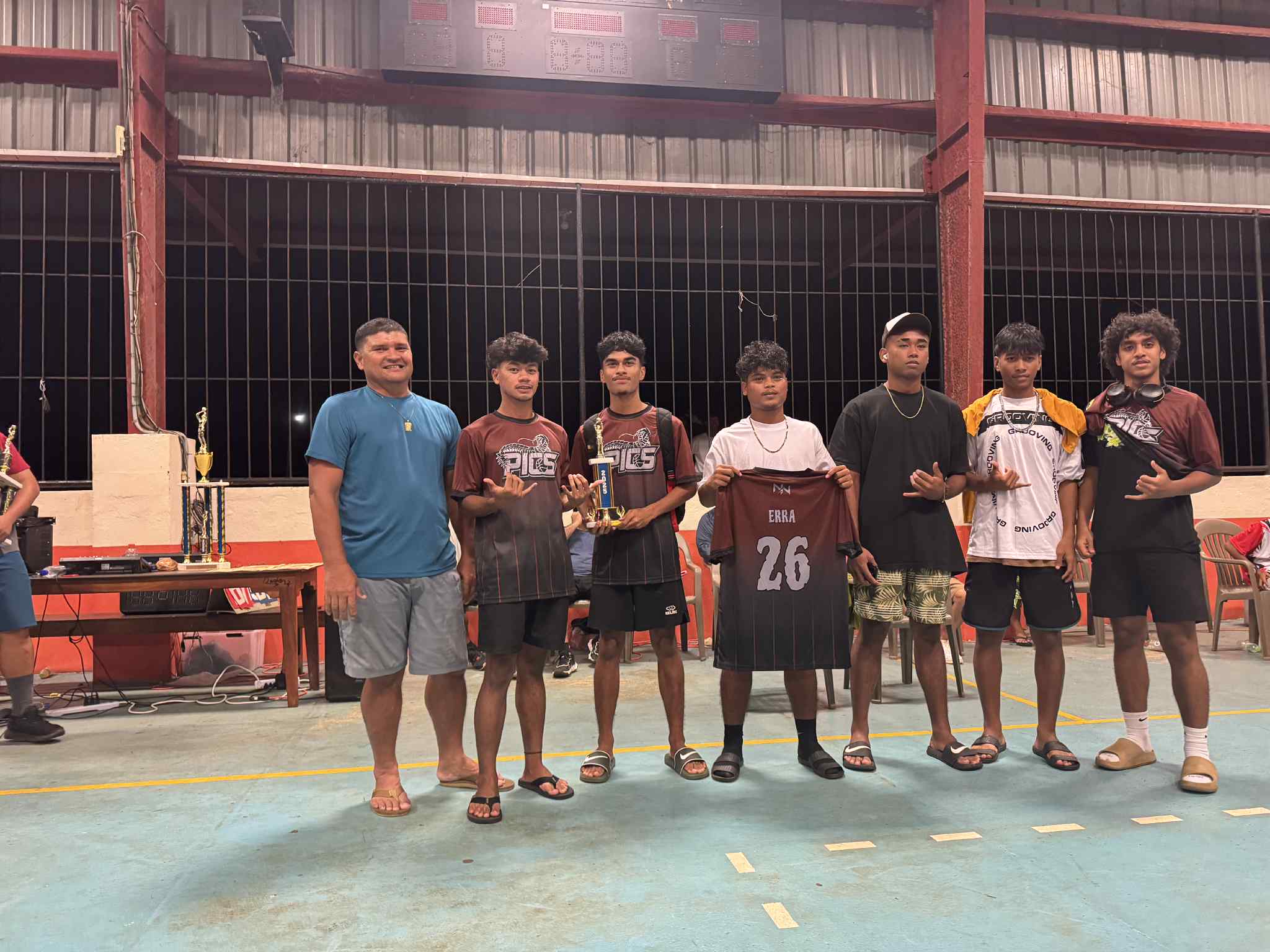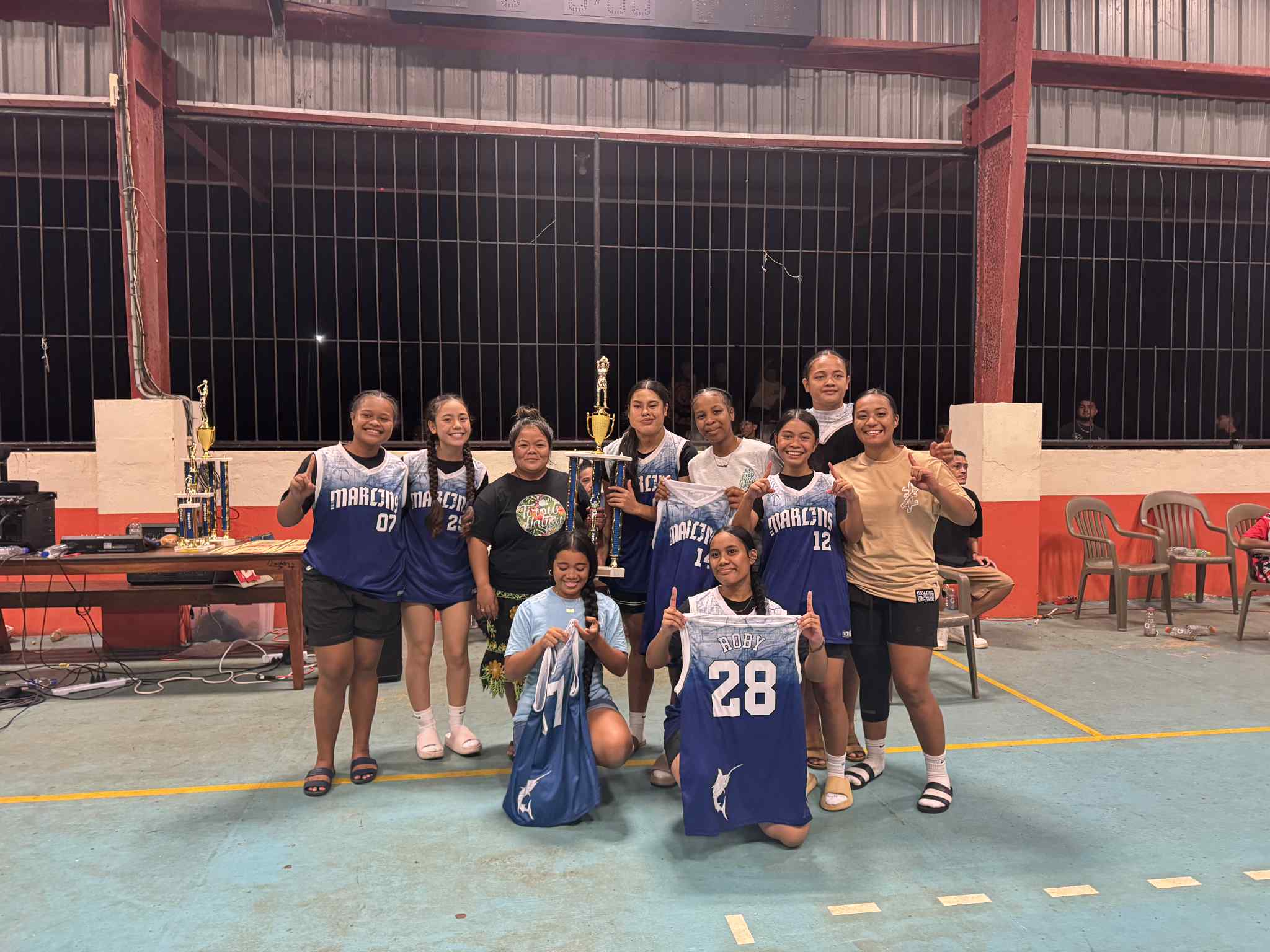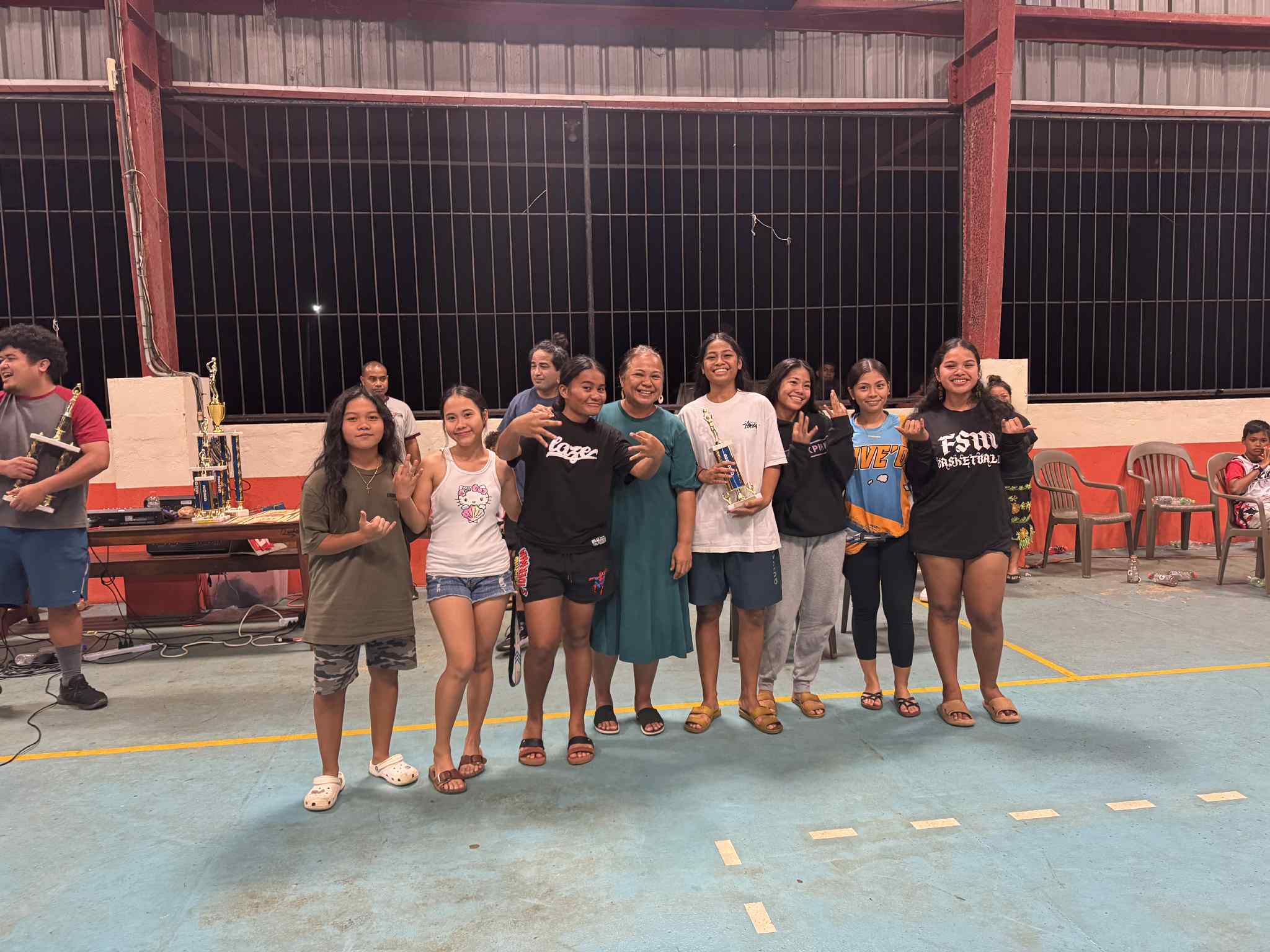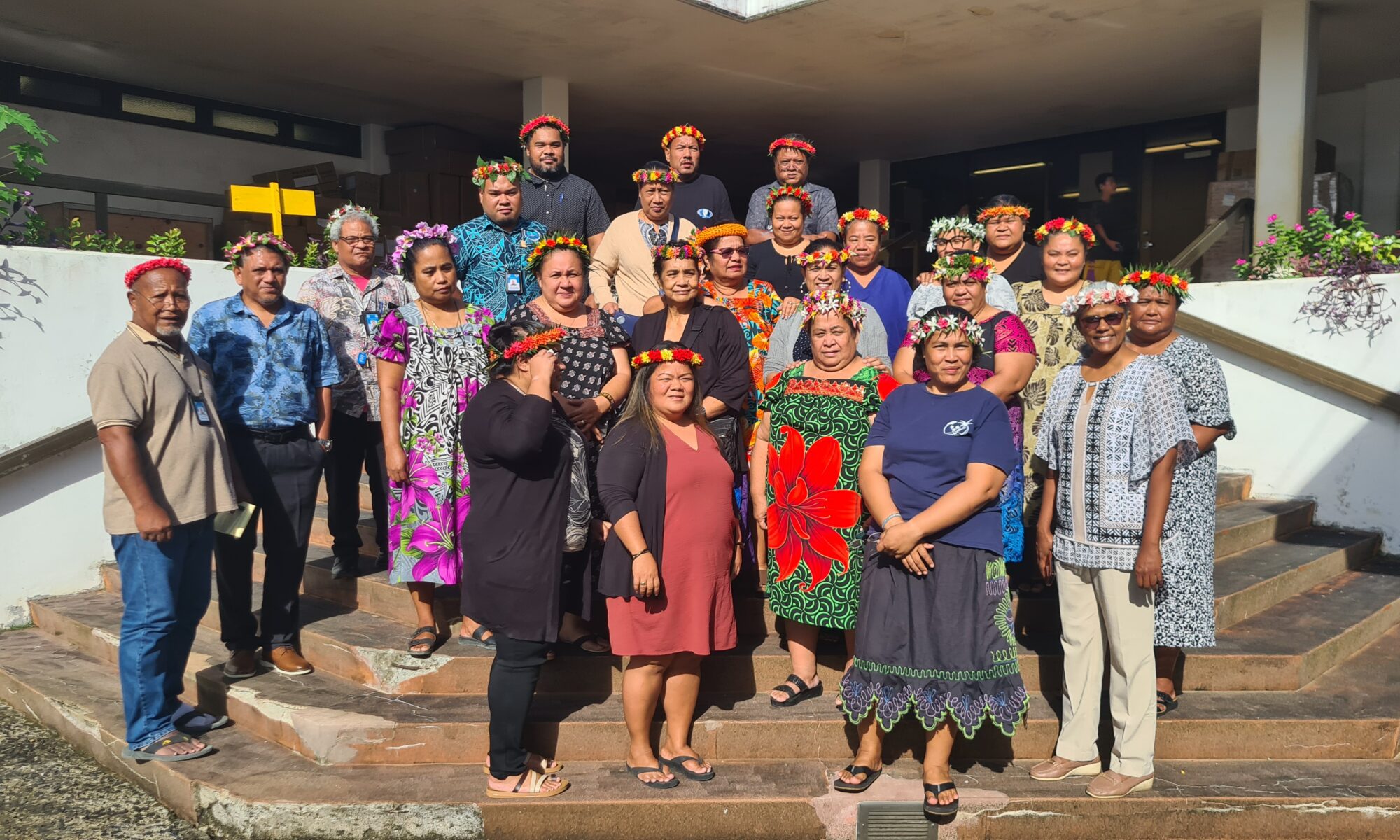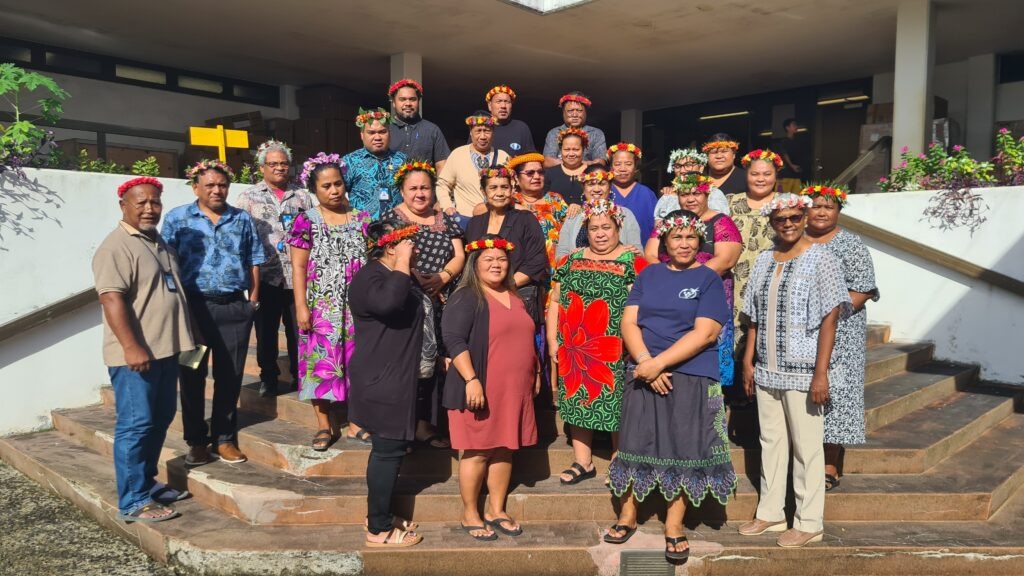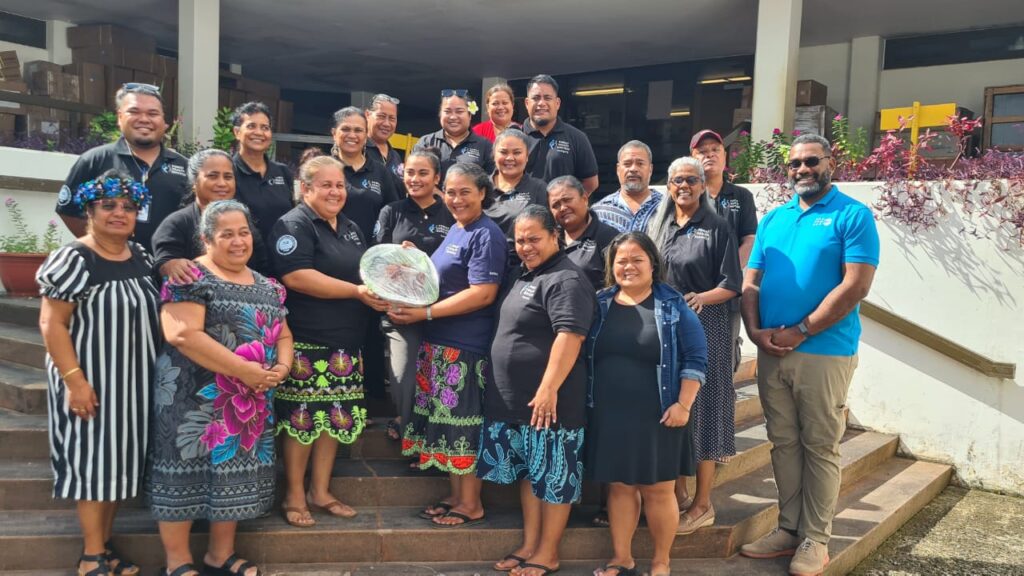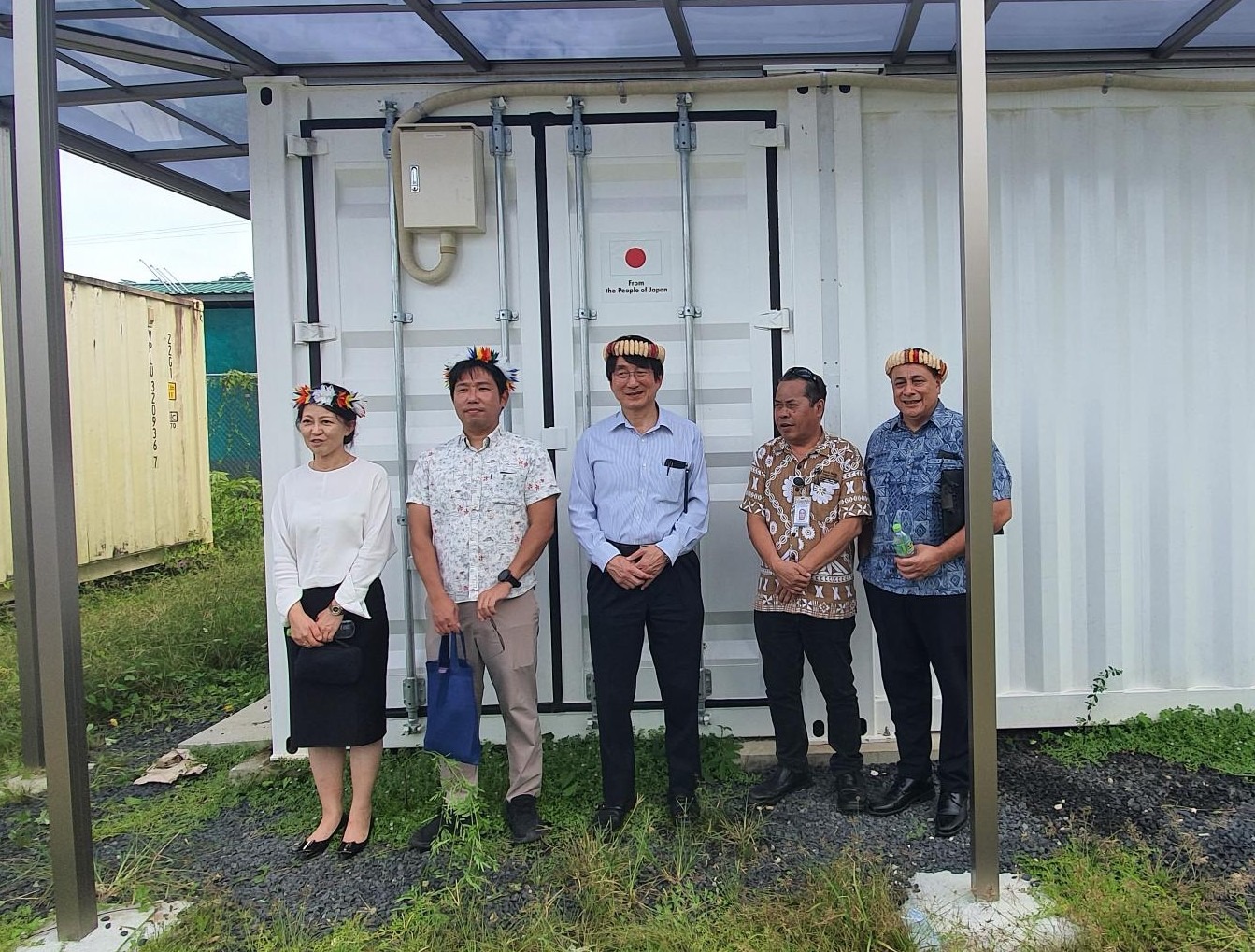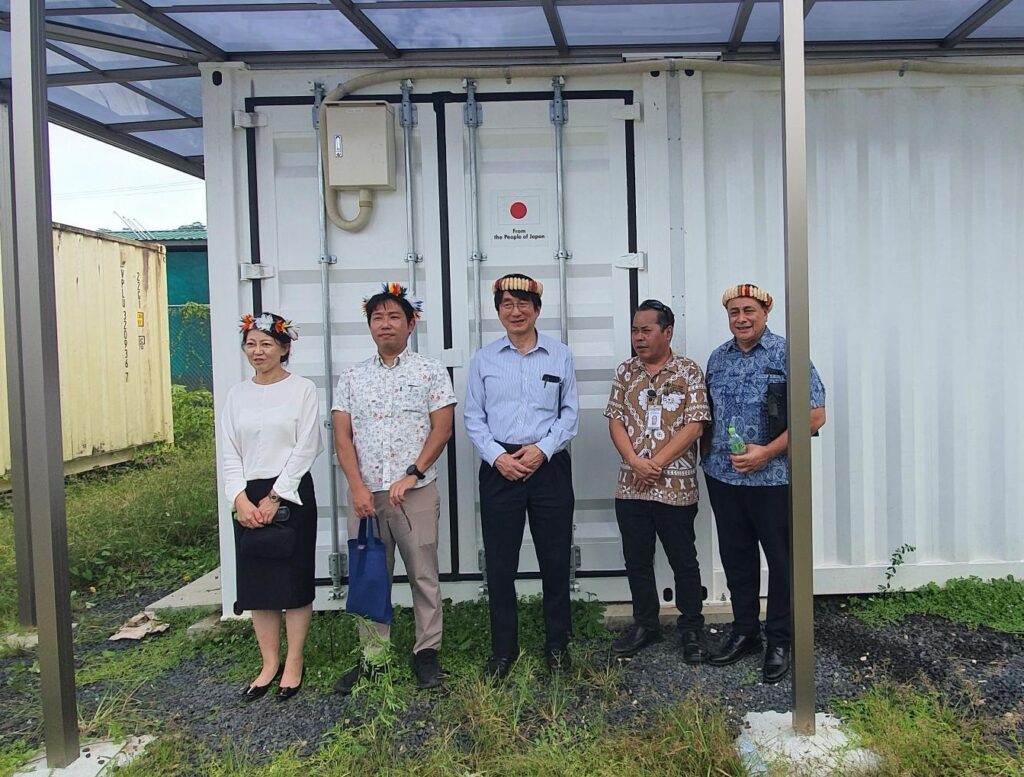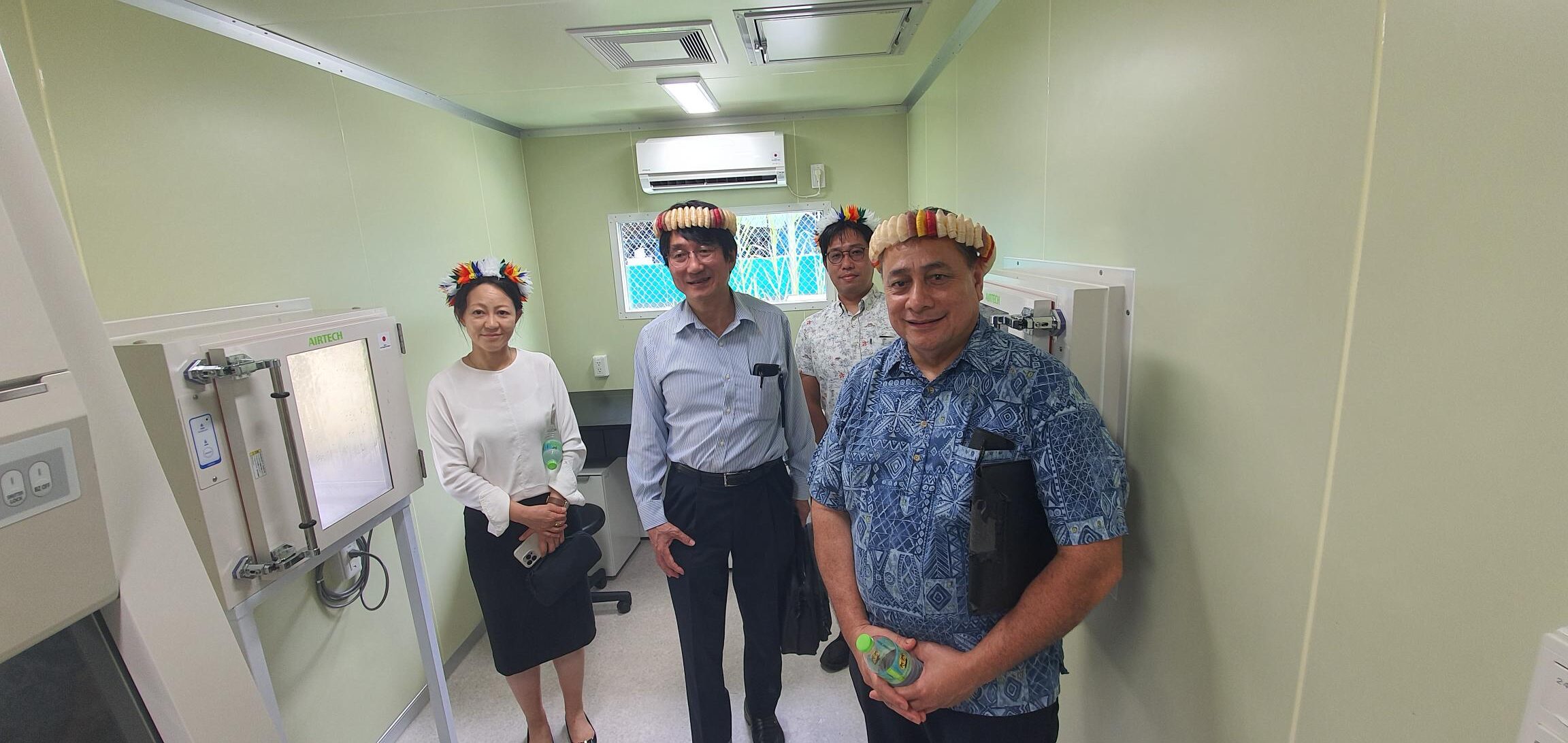POHNPEI, Federated States of Micronesia — December 30, 2025 — The FSM Department of Health and Social Affairs reports the successful conclusion of the 2025 FSM High School Holiday Games, which were held from December 19 to December 29, 2025, at the Pohnpei Gymnasium and the College of Micronesia–FSM National Gym also known as the China-FSM Friendship Gym.
The annual tournament brought together high school teams from across the Federated States of Micronesia, with participation from Pohnpei, Chuuk, and Kosrae States. The Games provided student-athletes with an opportunity to compete at the national level, strengthen teamwork, and promote youth development through sport. Yap State did not participate in this year’s event.
A total of 186 students participated in the tournament, including 148 male students competing in the Boys’ Division and 38 female students competing in the Girls’ Division. The Boys’ Division featured 12 teams, while the Girls’ Division consisted of four teams.
The Girls’ Division final, contested between Calvary Christian Academy (CCA) and Pohnpei Island Central School (PICS), concluded with CCA emerging as the champions following an entertaining and competitive match. Both teams demonstrated discipline, teamwork, and determination, highlighting the continued growth of young women’s participation in school sports and ongoing efforts to strengthen development pathways for girls’ basketball across the FSM.
The Boys’ Division final between Kosrae High School and Chuuk High School concluded with Kosrae High School securing the championship after a tightly contested match that was decided by a buzzer-beater in the final seconds of play. The decisive moment generated strong reaction from spectators in the gymnasium and widespread engagement on social media, as families and supporters followed and shared the outcome across the FSM and among members of the FSM community abroad. The match reflected the high level of competition demonstrated throughout the tournament.
Final Standings — Boys’ Division
- 1st Place: Kosrae High School
- 2nd Place: Chuuk High School
- 3rd Place: Pohnpei Island Central School (Team 1)
Final Standings — Girls’ Division
- 1st Place: Calvary Christian Academy
- 2nd Place: Pohnpei Island Central School
- 3rd Place: Pohnpei Seventh-day Adventist High School
Throughout the Games, organizers emphasized fair play, sportsmanship, and safety, while schools, coaches, and officials worked collaboratively to ensure the smooth delivery of the tournament. Appreciation was extended to the FSM Basketball Federation and the Pohnpei Basketball Association for conducting training sessions for volunteers and for providing trained referees throughout the tournament. Their contributions were instrumental in ensuring that all matches were officiated professionally and that the Games were conducted at a high competitive and organizational standard.
The Department acknowledged the support of partners and sponsors whose contributions were essential to the successful implementation of the Games. Appreciation was extended to the Pohnpei State Government for allowing the hosting of the event and for providing logistical and administrative support. The FSM Olympic Committee was recognized for providing trophies, cases of drinking water, and uniforms for tournament officials.
Acknowledgement was also given to parents and schools for their continued support of student-athletes, including assistance with preparation, travel, and participation, as well as to families and friends whose encouragement contributed to the successful conduct of the Games. The College of Micronesia-FSM was also acknowledged for its support through the provision of expertise and venue for the Games. Appreciation was further extended to private businesses that supported the tournament.
In addition, recognition was extended to the Simina–Palik Administration, noting that the successful implementation of the Games aligns with the Administration’s commitment to ensuring that youth are placed at the center of national development efforts, including programs that promote health, education, discipline, and positive opportunities for young people across the Federated States of Micronesia.
The Department reaffirmed that sports provide not only an opportunity for young athletes to showcase their talents and improve their health, but also a space to demonstrate the values of unity, respect, and community. In this spirit, the 2025 FSM High School Holiday Games reflected the true meaning and spirit of KAMORALE, strengthening bonds among students, schools, and communities throughout the nation.
